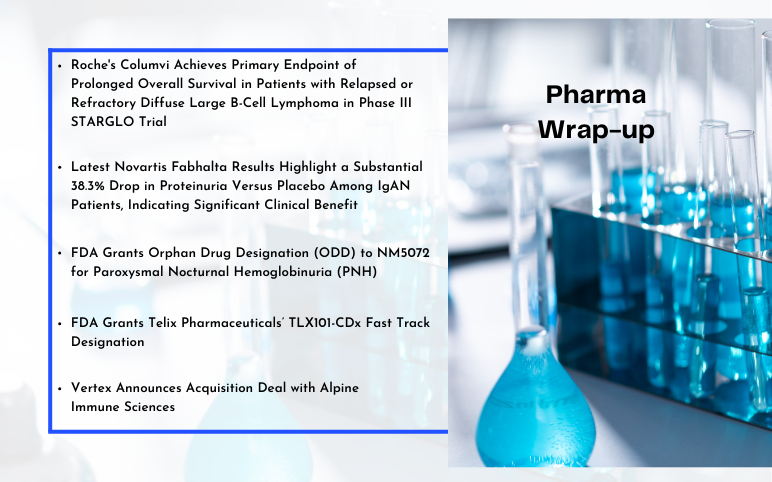Table of Contents
Another flop for Alzeimer’s as Late Stage drug of AxovantSciences fails in trial
Axovant Sciences has reported the failure of their late-stage trial involving the testing of its pill Intepirdinecould not suppress Alzheimer’s symptoms in participants of the trail. The news had plunged the Wall Street into another wave of disappointment for this therapy area, as it has been for decades for Alzheimer’s. The company had not promised it to cure the disease but had hoped that it would delay the worst symptoms of Alzheimer’s. However, the trial results clearly showed that no remarkable difference was observed between placebo and Interpirdine results in a 1,150 patient’s trial.Axovant, a well-funded and hotly debated company, lost about 70 percent of its value in early-morning trading Tuesday. The New York firm was worth more than $2.6 billion before the news of intepirdine’s failure. The drug’s negative results did not surprise many in the industry, given that it had failed four previous clinical trials. Other drugs that work the same way have also fallen short.
Guardant Health receives IDE approval to conduct clinical trial for Merck’s drug
The US Food and Drug Administration has approved the application for conducting a clinical trial to Guardant Health and has given them the go-ahead to use an investigational device to provide genomic testing for cancer patients, under the investigational device exemption approval. This will help Guardant provide testing for a clinical trial that assesses Merck’s c-Met Kinase Inhibitor, a small molecule known as tepotinib. As for the device, Merck is set to use the Guardant’s liquid biopsy test Guardant360 CDx to identify patients with Met exon 14 skipping alterations who may qualify for the ongoing Phase II tepotinib trial. This screening process will help Merck target population for better and efficacious results of tepotinib.
First Patient Dosed in Phase 1 Clinical Trial of Personalized Immunotherapy pLADD according to Aduro Biotech
Aduro Biotech, Inc has announced that first patient has been dosed in the Phase 1 clinical trial designed to evaluate the safety and tolerability of a personalized live, attenuated double-deleted Listeria monocytogenes (pLADD) immunotherapy for adults with metastatic colorectal cancer that is microsatellite stable (MSS). The personalized immunotherapy has been engineered with patient-specific neoantigens that were identified and selected using state-of-the-art neoantigen identification technology developed by HanleeJi, M.D., associate professor of medicine at the Stanford University School of Medicine.
Sunny Pharmtech and Vitruvias Therapeutics Receive First FDA Generic Drug Approval
Sunny PharmtechInc and Vitruvias Therapeutics LLC are collectively working on a generic product. Currently, they have received approval for their abbreviated new drug application (ANDA) from the U.S. Food and Drug Administration (FDA) for Lidocaine Ointment USP 5%.The generic is the first drug approved under the two companies’ joint development agreement that includes eight products.The joint application was filed in November of 2016 and received first-cycle approval after a 10 month review.









-Agonist.png)


